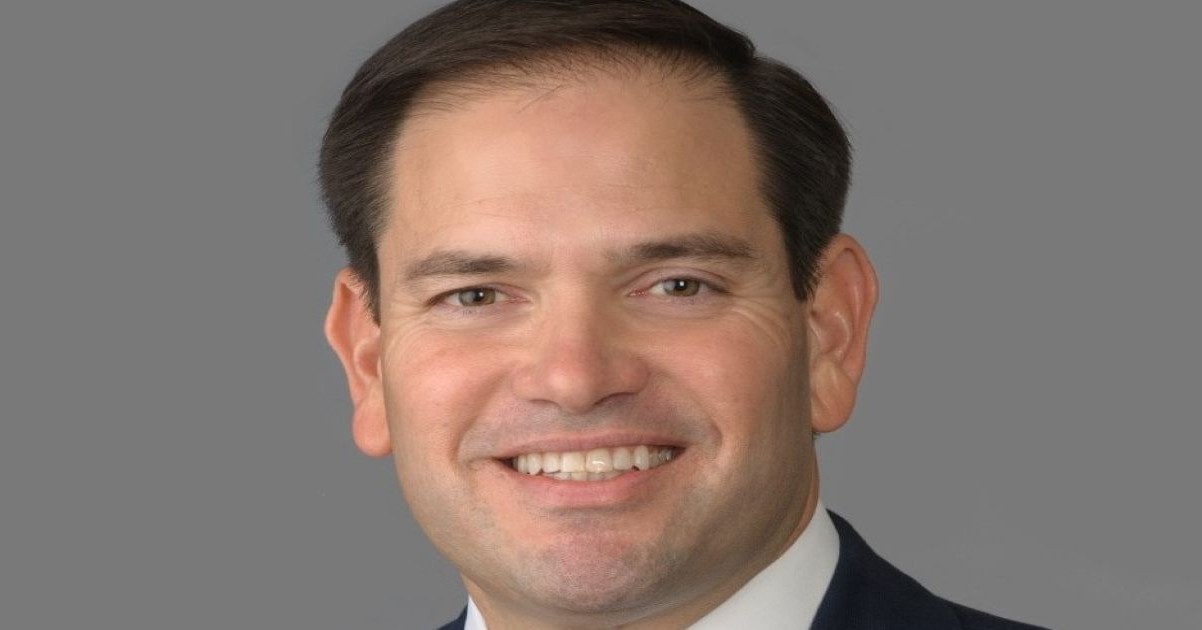Young litigants in Juliana v. United States lose Supreme Court bid
The U.S. Supreme Court disappointed many on the left when they announced a deciions not to hear hear what could have been a landmark climate lawsuit brought by 21 young Americans.
This decision brings an end to a court battle that lasted for ten years and was aimed at holding the federal government accountable for its decisions regarding fossil fuels, as EHN reported.
While the court hearing cases about energy and possible damage to the environment isn't new, this case took a different turn, and the Supreme Court eventually decided it just didn't have the legal standing needed for them to rule.
Case Details
The case, Juliana v. United States, created a court battle around the idea that the federal government was violating the Constitutional rights of young people.
Litigants argued that by supporting fossil fuel systems since the mid-1960s, young people's rights were violated due to worsening climate conditions.
While the high court declined to hear the case, the case premise and details have inspired roughly 60 similar lawsuits featuring young people.
These cases have been taking place around the world, and a few of the victories include legal wins in Montana and Hawaii.
From the Plaintiff
The key players in the case have made it clear that this is a big issue now, and they will continue to view it as such.
Andrea Rodgers, senior litigation attorney at Our Children’s Trust, spoke to the case, saying “Juliana has inspired and motivated countless youth-brought climate change cases around the world.
"It’s really reframed the issue from one of a pollution problem to one of a human rights problem.”
In order for the Supreme Court to take up a case, the appeal from the lower court needs to include some sort of issue that the plaintiff asserts disallowed them from receiving justice in the previous decision.
Case's Future
The Juliana case has become a key point in the fight to see climate change not only as a threat to the whole world, but also as a violation of individuals rights.
The Supreme Court recently said it would not hear the case, but the idea behind it—that children have a constitutional right to a safe environment—has spread to courts and legal tactics all over the world.
Even though Juliana's time in court is over for now, her case is still being touted as driving a generational push to hold governments responsible not only for emissions.




